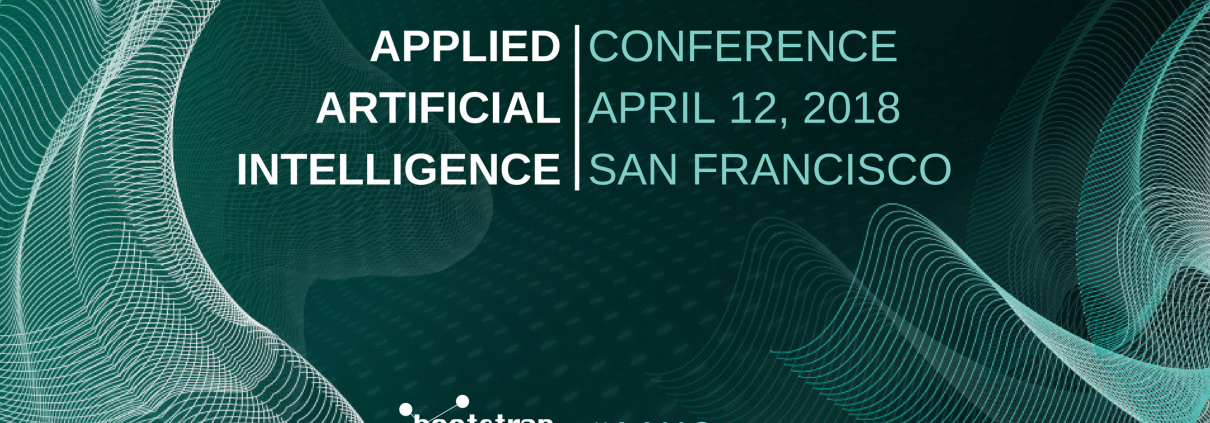Applied AI Digest 112
Facebook helped create an AI scavenger hunt that could lead to the first useful home robots
Artificial-intelligence programs could develop some much-needed common sense by competing in scavenger hunts inside virtual homes filled with simulated coffee tables, couches, lamps, and other everyday things. Researchers at Facebook and Georgia Tech developed the scavenger-hunt challenge. Read more.
Quantum Supremacy is Near
Can you imagine being able to solve complex problems almost instantaneously? What would normally take months would take minutes. Seemingly impossible questions would become straightforward to answer. In the world of quantum computing, we are close to doing just that. Read more.
Uber’s self-driving car saw the pedestrian but didn’t swerve – report
An Uber self-driving test car which killed a woman crossing the street detected her but decided not to react immediately, a report has said. The car was travelling at 40mph (64km/h) in self-driving mode when it collided with 49-year-old Elaine Herzberg at about 10pm on 18 March… Read more.
When Will Artificial Intelligence Become Easier to Use?
In this week’s episode of AI in Industry we speak with DataRobot CEO Jeremy Achin about the future of AI applications for people without a data science background. We specifically discuss how future AI tools might bypass the complexity of machine learning programming and make intuitive interfaces that function more like today’s everyday software. Read more.
Google showcases AI advances at its big conference
Google put the spotlight on its artificial intelligence smarts at its annual developers conference Tuesday, where it announced new features and services imbued with machine learning. The company’s digital concierge, known only as the Google Assistant, is gaining new — if experimental — abilities to handle tasks such as making restaurant reservations and placing other tedious phone calls without human hand-holding. Read more.
Forget the space race, the AI race is just beginning
The United States and China currently dominate the world of artificial intelligence, but used very different approaches to get there. While the US’s academic system has generated and incubated the research that made today’s AI possible, China’s government has pledged billions in funding and offered the technology its full-throated support. Read more.
Job Opportunities:
GetAccept: Digital Marketing Manager
Sibly: Head of Engineering
Aeye: Sr. Electrical Engineer
Vidora: Senior Software Engineer – Applications
Smart Ear: Lead Engineer
Trusted Insight: Django/Python Full Stack Engineer
indus.ai: Product Marketing Director
dataalab: Senior Data Scientist
dataalab: Frontend Software Engineer



